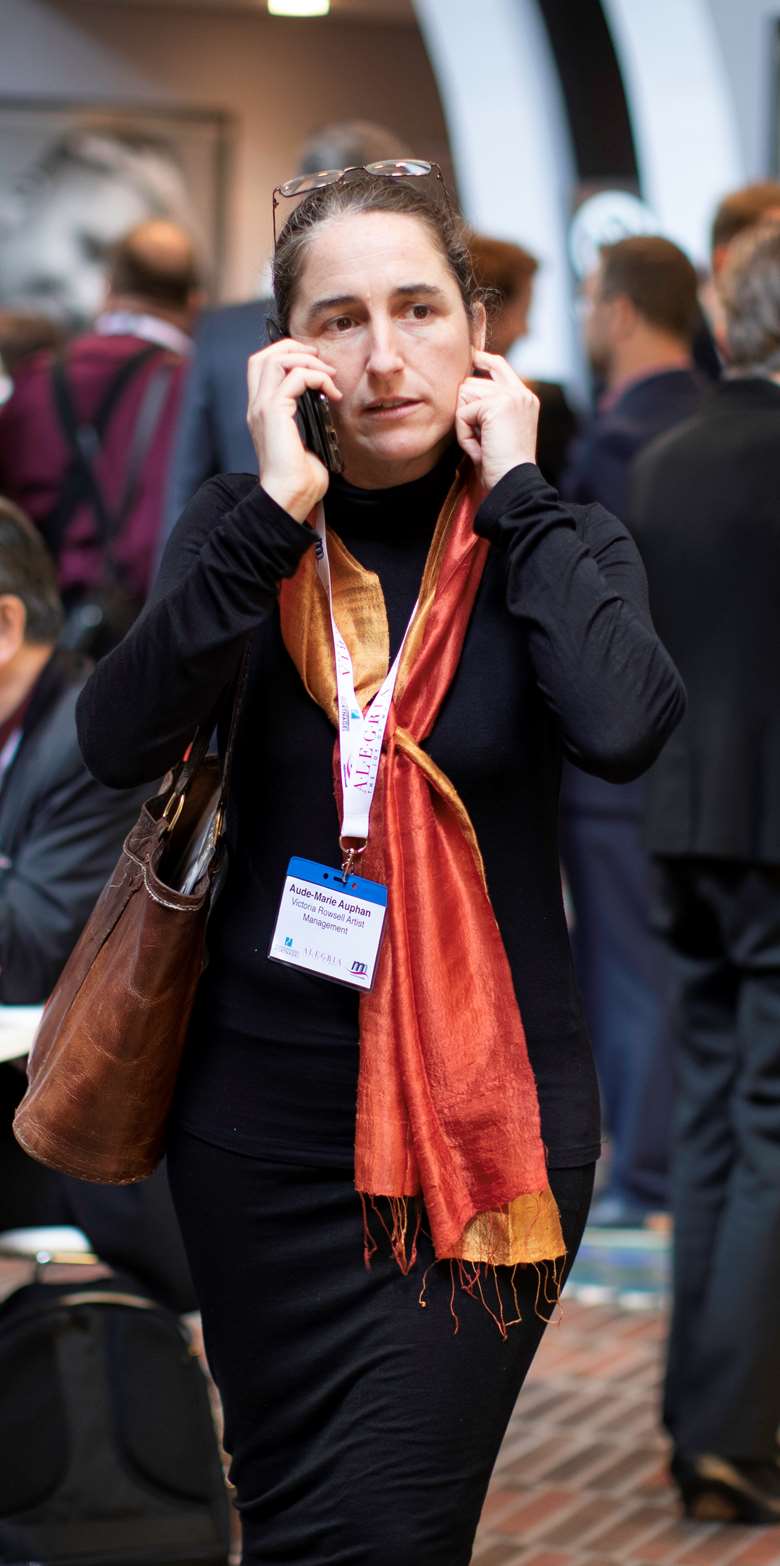How new support networks are helping artist managements through the crisis
Andrew Green
Friday, February 26, 2021
Andrew Green considers the support networks that have been established between artist managements, both in the UK and the US


Register now to continue reading
Don’t miss out on our dedicated coverage of the classical music world. Register today to enjoy the following benefits:
- Unlimited access to news pages
- Free weekly email newsletter
- Free access to two subscriber-only articles per month